Understanding Special Education
Special education is a vital aspect of our education system that aims to cater to the unique needs of students with disabilities. It provides individualized support and services to help these students reach their full potential. Special education classrooms are designed to create an inclusive environment where students with disabilities can learn alongside their peers without disabilities. By understanding the importance of inclusion in special education classrooms, we can break down barriers and create a more equitable education system.
The Importance of Inclusion in Special Education Classrooms
Inclusion refers to the practice of integrating students with disabilities into mainstream classrooms. It fosters a sense of belonging and promotes equal opportunities for all students, regardless of their abilities. In a special education classroom, inclusion means that students with disabilities are not segregated from their peers but are provided with the necessary support to participate fully in the learning process.
The benefits of inclusion are manifold. For students with disabilities, being included in mainstream classrooms allows them to develop social skills, build relationships, and enhance their self-esteem. It also provides them with access to a broader curriculum and a more diverse range of learning experiences. Inclusion benefits students without disabilities as well, as it promotes empathy, tolerance, and acceptance of individual differences.
Benefits of Inclusive Education
Inclusive education has numerous benefits for students with disabilities. Firstly, it enhances their academic achievements. When students with disabilities are included in regular classrooms, they have the opportunity to learn from their peers and receive instruction from qualified teachers. This collaborative learning environment helps them to develop new skills and improve their academic performance.
Secondly, inclusive education promotes social integration. By being part of a regular classroom, students with disabilities have the chance to interact with their peers without disabilities. They learn valuable social skills, build friendships, and develop a sense of belonging. This social inclusion contributes to their overall well-being and happiness.
Lastly, inclusive education prepares students with disabilities for the real world. When they are included in regular classrooms, they learn how to navigate diverse environments and interact with people from various backgrounds. These skills are essential for their future success and independence.
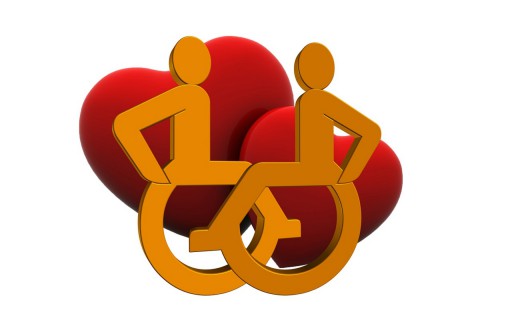
Common Barriers to Inclusion in Special Education Classrooms
Despite the importance of inclusion in special education classrooms, there are several barriers that hinder its implementation. One of the main barriers is a lack of awareness and understanding among teachers, parents, and the wider community. Many people still have misconceptions and stereotypes about students with disabilities, which can lead to exclusion and discrimination.
Another barrier is the lack of resources and support. Inclusive education requires additional funding, specialized training for teachers, and access to assistive technology and accommodations. Without adequate resources, it becomes challenging to create inclusive classrooms that meet the needs of all students.
Furthermore, attitudes and attitudes of educators and administrators can also be a barrier to inclusion. Negative attitudes and low expectations can limit the opportunities for students with disabilities to participate fully in the learning process and reach their full potential.
Strategies to Promote Inclusion in Special Education Classrooms
To promote inclusion in special education classrooms, it is essential to implement strategies that address the barriers mentioned earlier. Firstly, raising awareness and providing education on disabilities can help break down misconceptions and stereotypes. This can be achieved through workshops, seminars, and training programs for teachers, parents, and the wider community.
Secondly, providing adequate resources and support is crucial. Schools need to allocate sufficient funding for special education programs and ensure that teachers have access to professional development opportunities. Additionally, schools should invest in assistive technology and accommodations to meet the individual needs of students with disabilities.
Lastly, fostering a positive and inclusive school culture is vital. This can be achieved by promoting diversity, celebrating achievements of all students, and creating opportunities for collaboration and peer support. Teachers should also adopt inclusive teaching practices that cater to the diverse learning needs of their students.
The Role of Teachers in Creating Inclusive Environments
Teachers play a critical role in creating inclusive environments in special education classrooms. They are responsible for designing and implementing individualized education plans (IEPs) that meet the specific needs of students with disabilities. They should collaborate with other professionals, such as speech therapists and occupational therapists, to provide comprehensive support.
Teachers should also create a positive and inclusive classroom environment where all students feel valued and respected. This can be achieved by promoting inclusive language, fostering peer relationships, and incorporating diverse perspectives into the curriculum. By being patient, understanding, and empathetic, teachers can create a safe and supportive space for students with disabilities to thrive.
The Impact of Inclusion on Students with Special Needs
The impact of inclusion on students with special needs is profound. When students with disabilities are included in mainstream classrooms, they experience improved academic outcomes, enhanced social skills, and increased self-confidence. They have the opportunity to learn from their peers and receive instruction from qualified teachers, which contributes to their overall development.
Inclusion also has a positive impact on the attitudes and beliefs of students without disabilities. By interacting with their peers with disabilities, they learn to appreciate diversity, develop empathy, and become more inclusive themselves. Inclusion promotes a sense of community and fosters a culture of acceptance and understanding.
Inclusion Success Stories and Case Studies
There are numerous success stories and case studies that showcase the positive impact of inclusion in special education classrooms. One such example is the story of Sarah, a student with Down syndrome. Sarah was included in a regular classroom with her peers and received the necessary support and accommodations. She thrived academically and developed strong friendships with her classmates. Today, Sarah is pursuing higher education and is an advocate for inclusive education.
Another success story is the case of Alex, a student with autism. Alex had difficulties with communication and social interaction. However, when he was included in a mainstream classroom, he made significant progress in these areas. With the support of his teachers and peers, Alex developed strong communication skills and built meaningful relationships. His success in an inclusive environment inspired other students and parents to embrace inclusion.
Resources for Promoting Inclusion in Special Education Classrooms
There are several resources available to promote inclusion in special education classrooms. Educators can access online platforms and websites that provide information, strategies, and lesson plans for inclusive teaching. These resources offer practical tips on designing inclusive classrooms, adapting curriculum, and supporting students with disabilities.
Additionally, professional organizations and advocacy groups offer workshops, conferences, and training programs on inclusive education. These events provide educators with the opportunity to learn from experts in the field, share best practices, and network with other professionals.

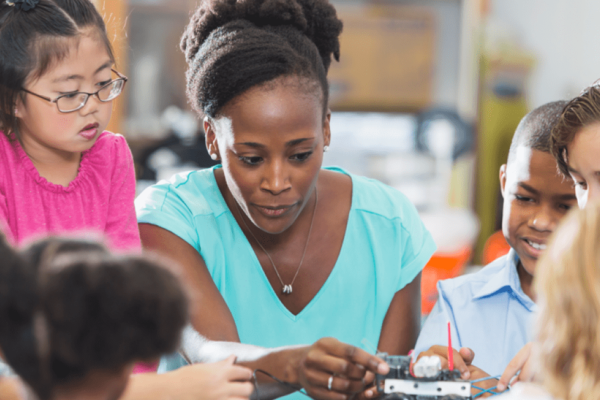


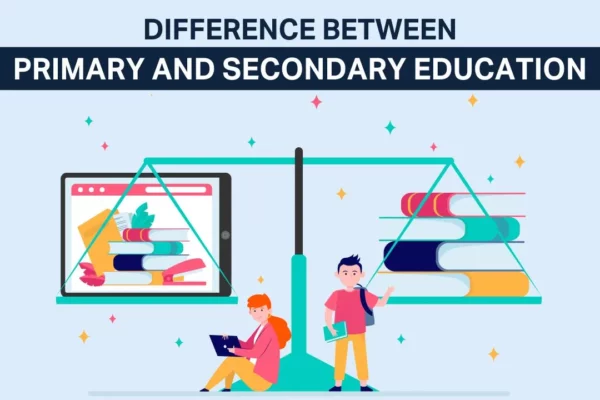
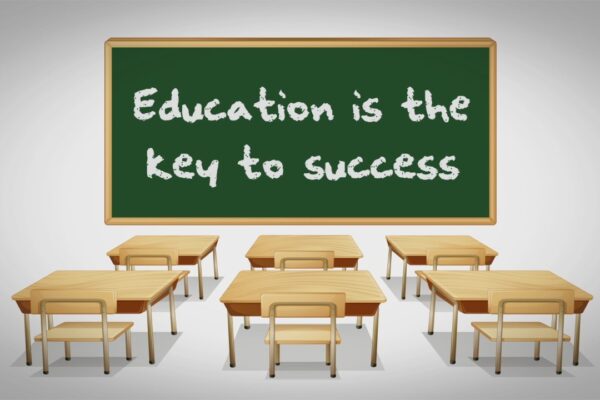

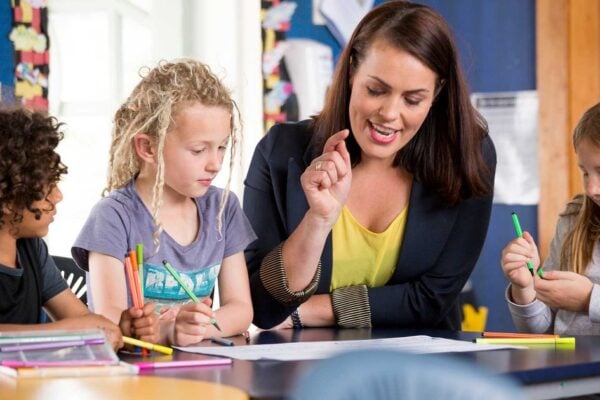

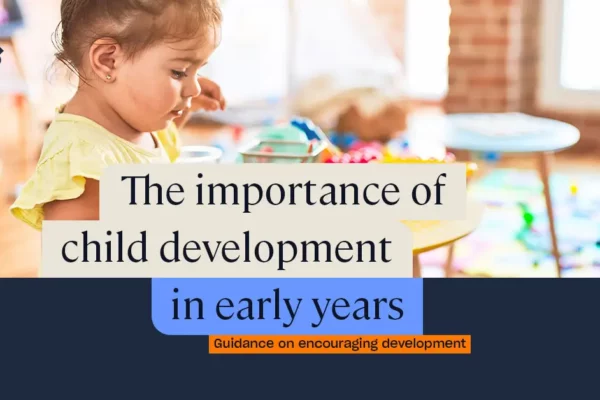
Comments on " Breaking Barriers: The Importance of Inclusion in Special Education Classrooms" :